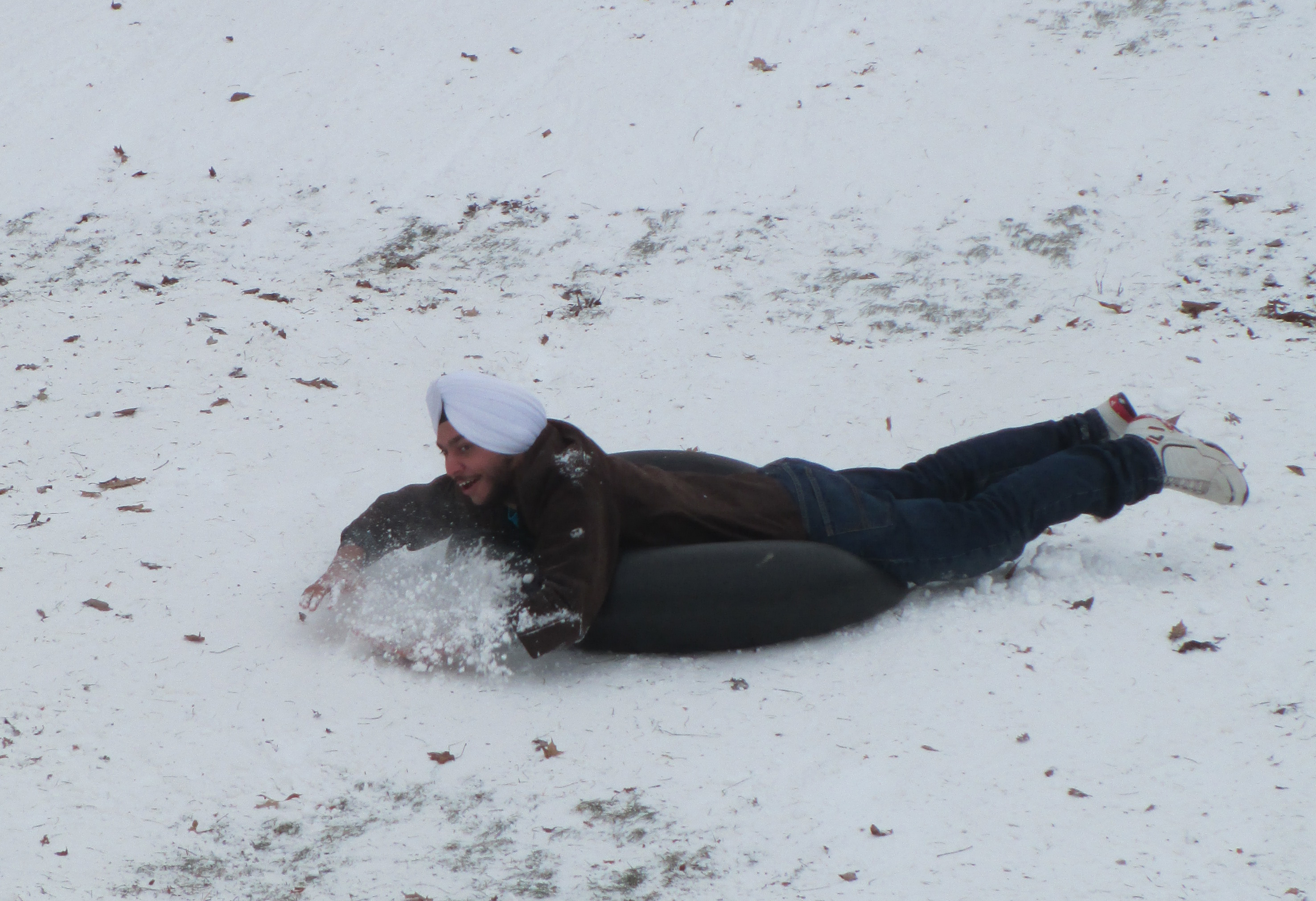This Thanksgiving, families across the nation will gather to prepare food and make memories. Yet for some Illinois State students, home is thousands of miles away, and Thanksgiving is a foreign concept.
Enter Lindsay Ziegenhorn and her family. For the third year in a row, the Ziegenhorns will open their home to students for a Thanksgiving feast. It is just one of many days the Ziegenhorns celebrate with international students.
“Many of the students think of us as their ‘American family,’” said Ziegenhorn. “And we love that feeling.”
For the past three years, the Ziegenhorns have provided dinners, outings, and emotional support for a wide array of international students. Yet none of it was planned, said Ziegenhorn, a staff nurse at Student Health Services.
Ziegenhorn and her husband always wanted a large family, but found it wasn’t meant to be. “We were blessed with two wonderful daughters, but we always felt the four of us were meant for something larger,” she said.
She found something bigger during Talk Time—an Illinois State RSO that meets on Friday nights—where she struck up a conversation with a couple of international students. “I invited them home for dinner. My husband is a phenomenal cook, and I knew he could put together dishes from their home country.” She paused before adding with a smile, “I mean, what college student doesn’t want a home-cooked meal?”
The dinners evolved as more students made their way to the Ziegenhorn home. Soon they were having dinner to celebrate holidays from Morocco, India, Azerbaijan, and Saudi Arabia.
In many ways, Ziegenhorn feels the dinners break down misconceptions between cultures. “Students can return to their own countries and share their experience of spending time with American families,” she said.
The dinners also offer her family a chance to understand more of the world as well, said Ziegenhorn. “You quickly begin to realize after building relationships with international students that what the media and movies portray are not always reality,” she said. After realizing some students’ cultures are more divided along gender lines, she instituted some “ladies’ nights” for women only. “My daughters are able to hear from strong women who believe in education, even if their culture resists it for women.”
Ziegenhorn added that her daughter took one of the students from Morocco as a guest on VIP Day for her class. “What these young women are achieving is now part of both my daughters’ cultural DNA. They will carry that with them.”

Zoe Ziegenhorn, 10, asked for henna in the shape of Reggie Redbird at the 2015 IFair from student Nidhi Kothari.
The cultural bridge the Ziegenhorns help create also allows students to take in American culture with traditional holidays such as Thanksgiving. Ziegenhorn also gives students a dose of her upbringing by way of birthdays. “Birthdays have always been a big deal in my extended family,” she said. “So when students have a birthday, we are going to celebrate it with cake and presents.”
Along with food, the Ziegenhorns plan small trips, such as sledding at a golf course over holiday break. “Watching a young man from India—who has never seen snow—slide down the hill that first time; it was magical,” she said.
A May picnic Ziegenhorn nicknamed “Feed Them into Finals” drew students from 12 nations. “It was about more than just the food. It was an incredible way for all of us to take a deep breath, enjoy a moment together, and get ready for the students to return home or head off to summer internships.”
When families of international students visit their children, some make a point to say hello to the Ziegenhorns. “We get hugs, and thank yous,” she said. “Some tell us how glad they are we have opened our home. I tell them we are just as grateful to have them in our lives.”


